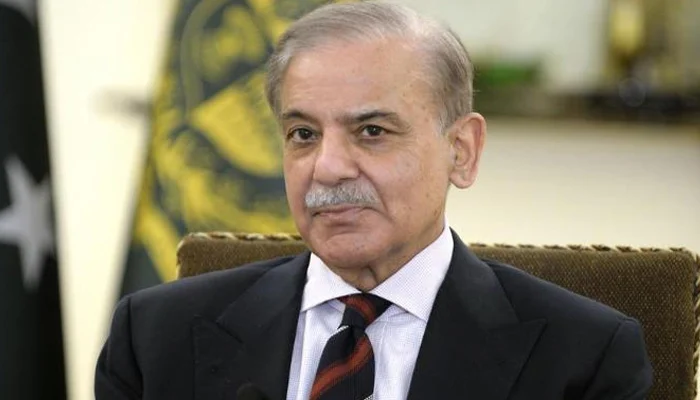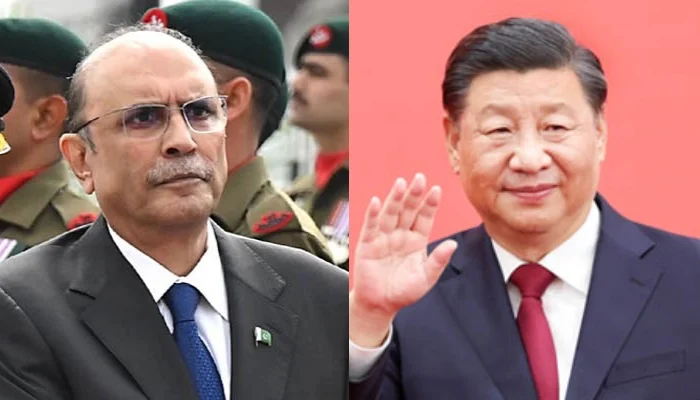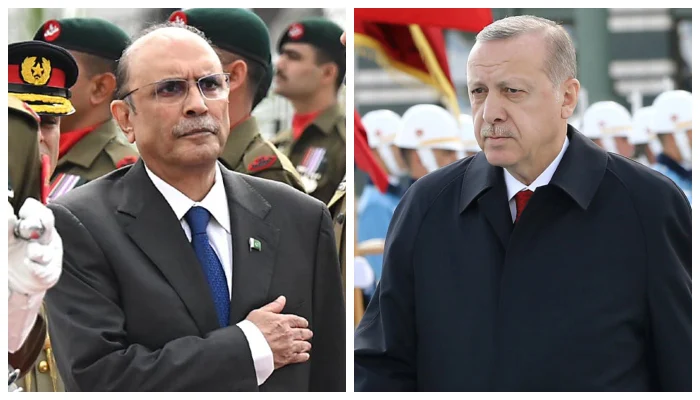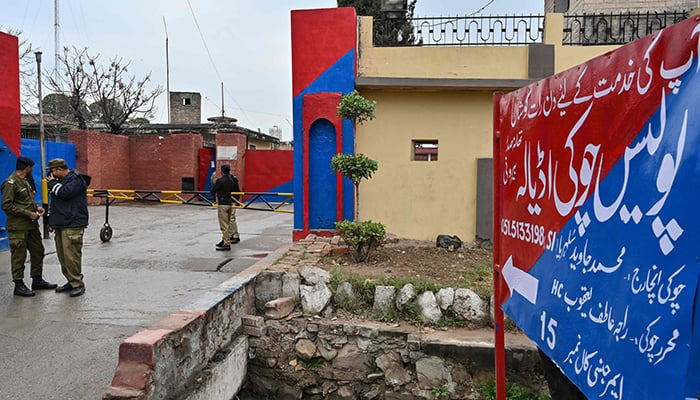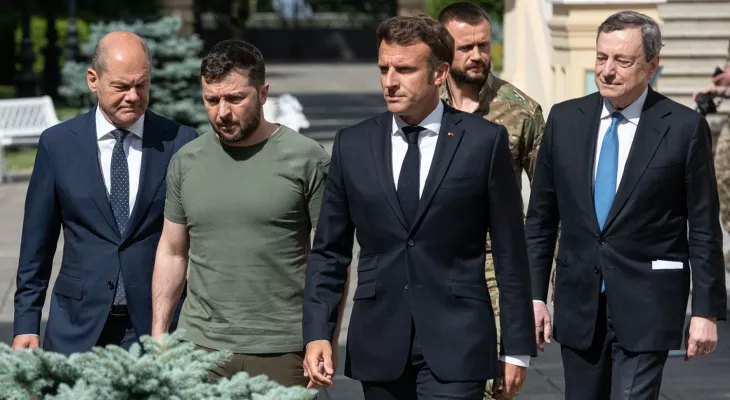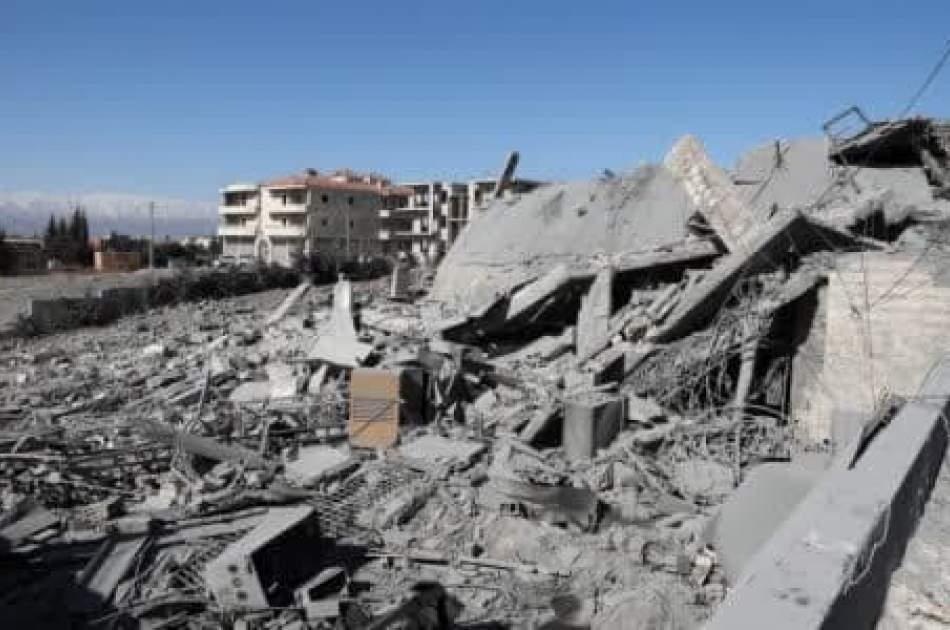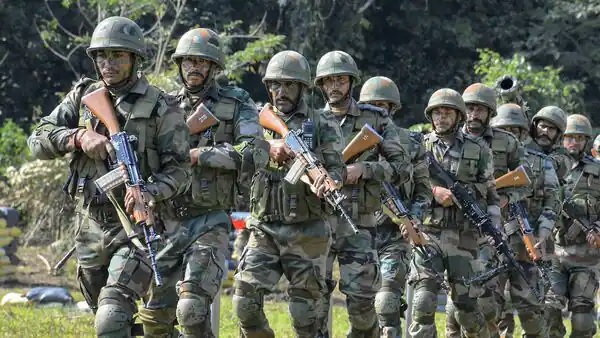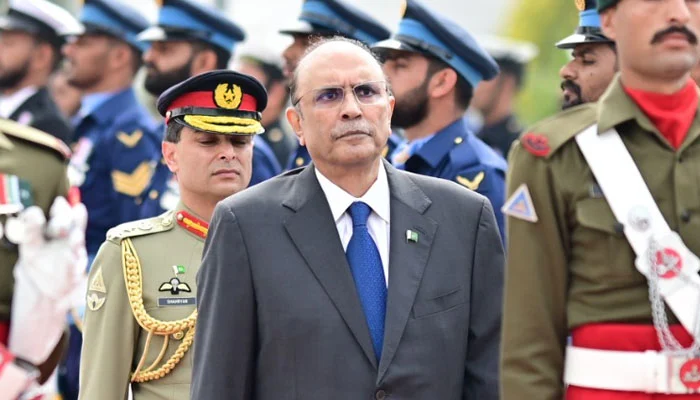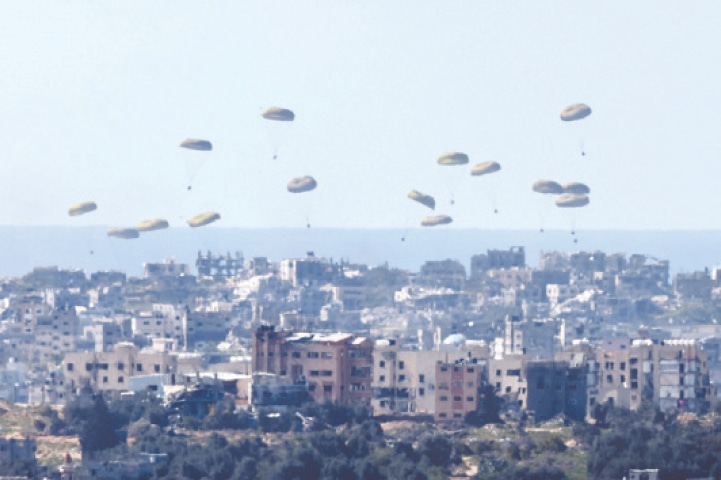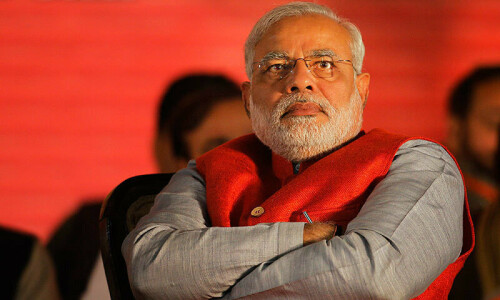After featuring the China-Pakistan Economic Corridor (CPEC) in his first parliamentary speech after reelection, Prime Minister Shehbaz Sharif renewed call for further strengthening bilateral ties between “iron brothers” by working together through “thick and thin”, and moving towards “second phase” of the multibillion-dollar project.
Premier Shehbaz thanked Chinese President Xi Jinping for extending congratulatory message on his reelection on March 3 and said: “I deeply value his sentiments not only for the people of Pakistan, for our friendship, but our mutual cooperation.”
The premier delivered the remarks while being interviewed with the Chinese state news agency — Xinhua — at the Prime Minister’s Office (PMO) in Islamabad. It was PM Shehbaz’s first-ever interview to any foreign media outlet after assuming the office.
On completion of 73 years of diplomatic relations between both countries, Premier Shehbaz said that the leaders of Pakistan and China have continuously cultivated and promoted bilateral friendship. The two countries have developed into all-weather strategic cooperative partners with a unique friendship like “iron brothers” that has stood the test of time.
He stressed that the friendship now must achieve “higher heights.”
Shehbaz, who also served as Punjab chief minister for three terms, said Pakistan should emulate the model citing modernisation steps adopted by China which lifted hundreds of millions of people out of poverty and providing vast rural populations with access to education, healthcare and employment.
“It is a great success model and success story. Despite challenges in recent years, China’s growth has still gone steadily compared to other countries, which is a remarkable achievement,” he added.
He was of the view that Pakistan could learn from the model to alleviate poverty, boost youth employment, and encourage small and medium entrepreneurship in agricultural, industrial, and information technology sectors across urban and rural areas.
The premier said that Pakistan is now ready to move towards the second phase of CPEC, aiming to promote technological development and agriculture through the corridor.
Pakistan has established the Special Investment Facilitation Council (SIFC), which will cut red tape and remove delays and inefficiencies for CPEC projects, he added.
PM Shehbaz said he looks forward to revisiting China, calling it a tradition for Pakistan’s new leadership after inauguration. “China is our second home,” he said.
“We made solemn commitments that we would work together, and we would be together through thick and thin,” he vowed.


